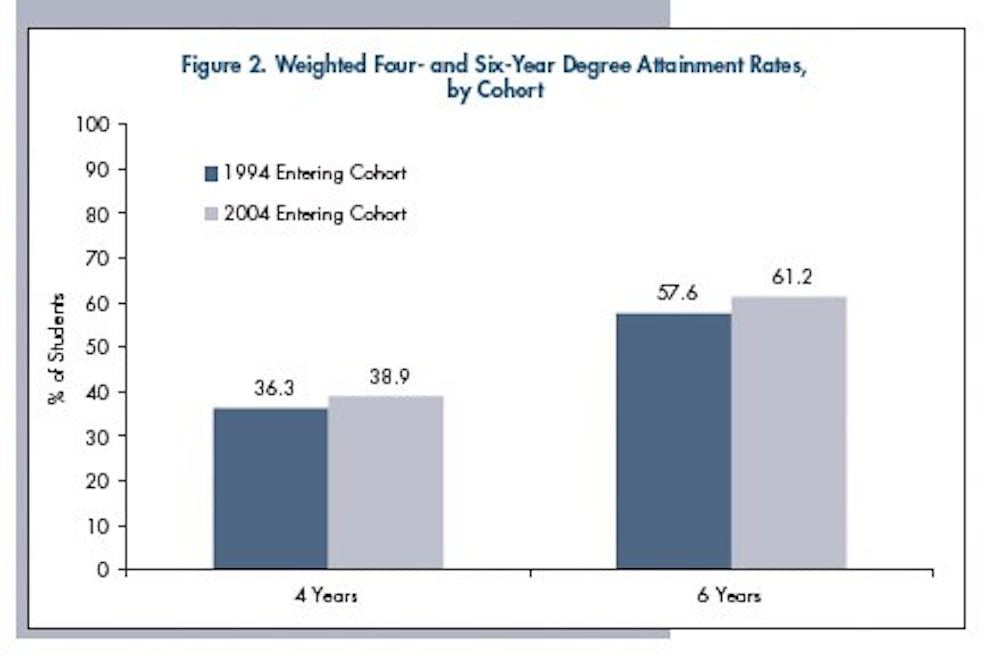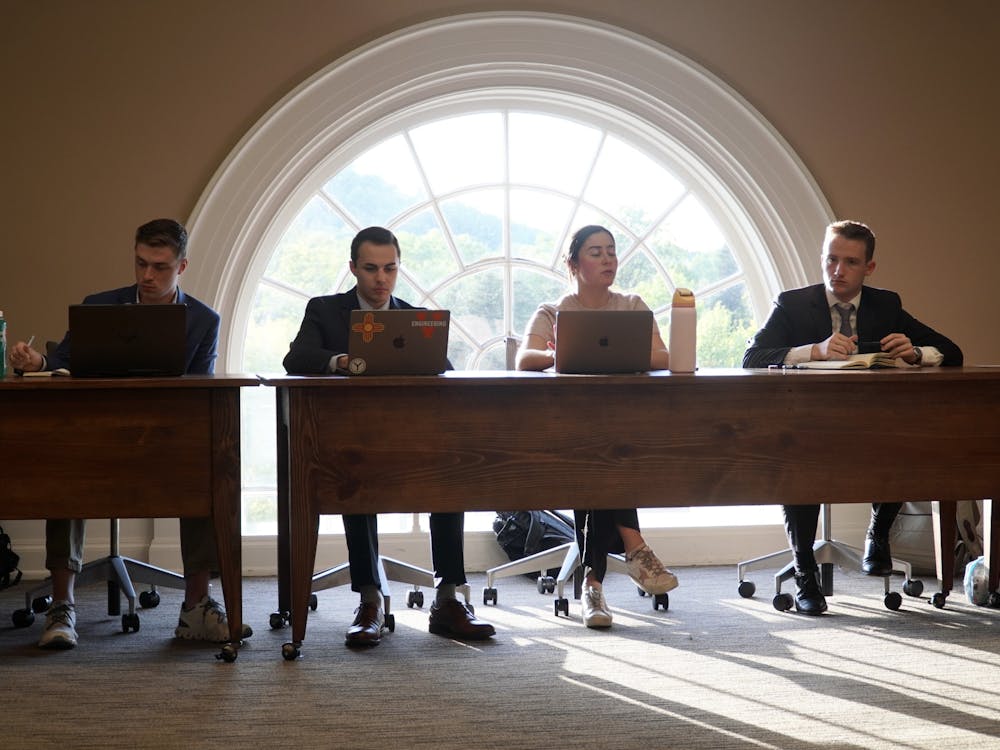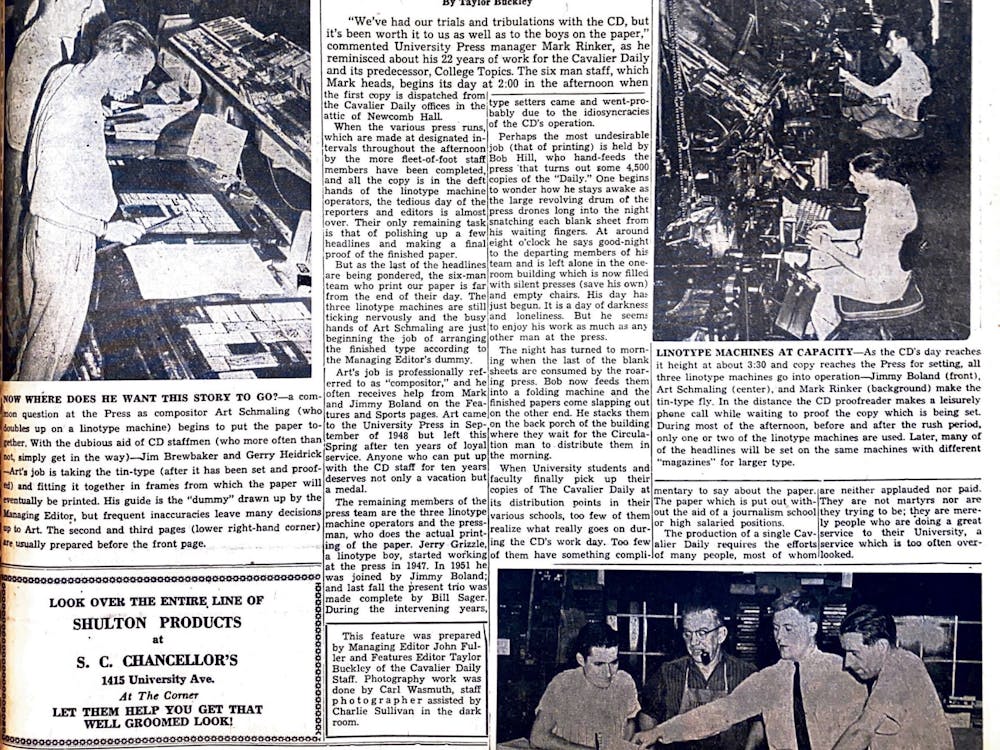Colleges and universities could more accurately predict their graduation rates by developing a better understanding of the students who enroll, according to a report released yesterday from the Higher Education Research Institute at the University of California, Los Angeles.
The study, "Completing College: Assessing Graduation Rates at Four-Year Institutions," compares expected graduation rates at four-year institutions with actual rates.
It matched data from the 2004 Freshman Survey by the Cooperative Institutional Research Program with the graduation numbers for that class to "see what the graduation trajectory was, ... the records of whether [those students] graduated, and where they went," said Linda DeAngelo, assistant director for research for CIRP. "You need to look at more than relative rates between colleges in order to see who's really doing well with the students they serve, because they may have very different types of students."
The study found that colleges and universities can increase the accuracy with which they predict four-year and six-year graduation rates by 66 and 53 percent, respectively, through looking at specific student characteristics. Rather than merely looking at factors such as gender, race and ethnicity, and SAT/ACT scores, the study instead considered students' ratings of their personal health, whether they plan to work full-time to support themselves while in school and how they selected their school.
Most colleges do not take into account predicted graduation rates, DeAngelo said, but doing so could help universities improve their retention and actual graduation rate.
She was concerned with the gaps found in graduation rates between groups of students. Twenty-seven percent of first-generation college students earn a degree in four years, compared to 42 percent of those whose parents have college degrees.
"We're not graduating less students [than in the past], but we have a lot of work to do and we definitely need to address these attainment gaps and create conditions of success for all students," she said.
Expected graduation rates are not widely used figures at the University. "We don't normally calculate an expected graduation rate," George Stovall, director of institutional assessment and studies at the University, said in an email.
This may be because of the high graduation rate at the University. For the students who entered the University in fall 2002, the four-year graduation rate was 84.8 percent and the six-year graduation rate was 92.9 percent. The study reported national averages, finding that the four-year graduation rate was 38.9 percent and the six-year rate was 61.2 percent.





